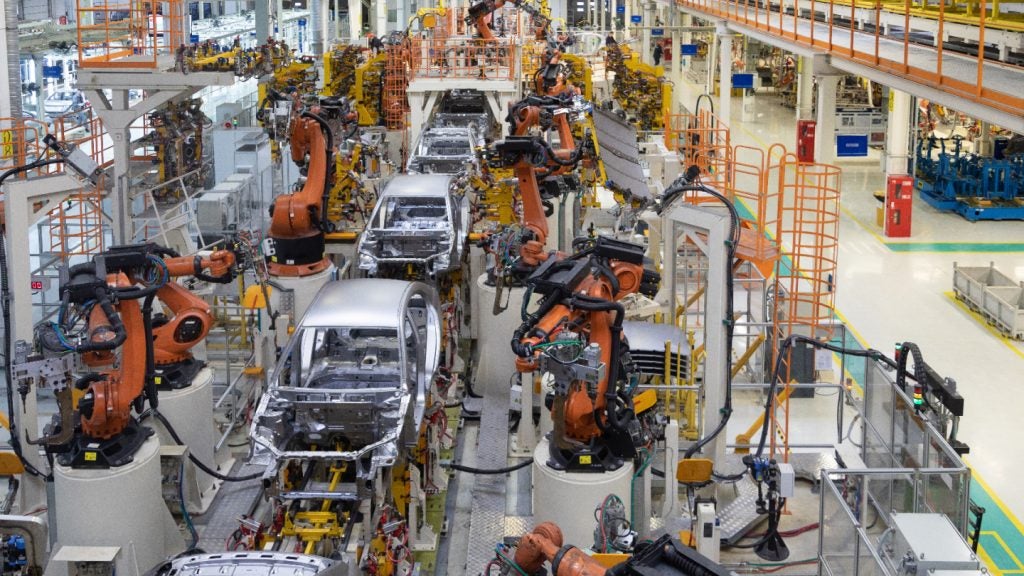ArcelorMittal North America, the North American division of ArcelorMittal, has signed an agreement with General Motors for the supply of its recycled and renewably produced (RRP) steel.
The steel will be supplied from ArcelorMittal Dofasco in in Hamilton in the Canadian province of Ontario.
Shipments are expected to start from the second quarter of this year.
According to ArcelorMittal North America, the steel produced from its XCarb initiative will be a significantly less carbon-intensive as compared to most of the steel produced from carbon-intensive process.
ArcelorMittal North America will make its XCarb RRP steel through Electric Arc Furnace (EAF) process, comprising a minimum of 70% scrap and up to 90% scrap.
It will also not use carbon offsets to achieve the reduced carbon intensity.
The lower CO2 intensity is claimed to have been verified independently with an accompanying life cycle analysis (LCA) that includes Scope 1, 2 and 3 emissions.
ArcelorMittal automotive chief marketing officer, Peter Leblanc said: “This is a terrific first step in supplying steel with substantially lower CO2 emissions to automakers in North America. As a global leader in the steel industry, we are making smarter steels for people and planet, and XCarb RRP is one of the smartest steels around.
“It is not the result of clever accounting or offsets – it is steel with physically lower CO2 emissions, which will help drive the achievement of ArcelorMittal's goal to be carbon neutral. We are proud to join GM in their march toward a zero emissions future.”
ArcelorMittal Dofasco is being transformed to reduce carbon emissions by about 60% by opting for direct reduced iron (DRI) fed electric arc furnace (EAF) steelmaking process.
When completed, all of the company’s facilities in North America will make automotive steel using an EAF-based process.
General Motors global purchasing and supply chain vice president Jeff Morrison said: “This agreement provides another example of how we are innovating with our suppliers to reduce emissions throughout the supply chain.
“It also highlights how strong supplier relationships can help build a better, more sustainable future.”
The steelmaker has committed to a 25% carbon intensity reduction in its steel production across the world by 2030 and aims to reach carbon neutrality by 2050.









